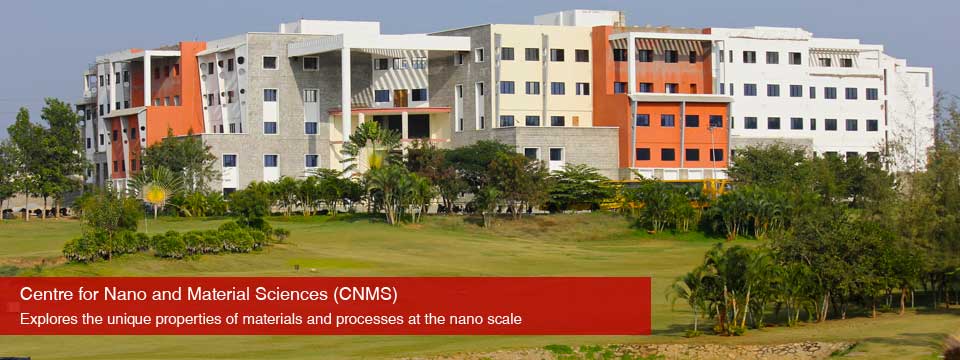|
Organic Synthesis and Catalysis Laboratory
I. Research Theme
Our research group mainly focused on a new and graceful catalytic reactions that are highly efficient and are with broad utility in terms of synthetic perspectives. This comprises of development of synthetically important and eco-friendly organic transformations. Nevertheless, we are also interested in the application of these novel reactions to build various drug like organic moiety for their potent application in both material and medicinal chemistry.
II. Main Research Area
Our research focus concerns mostly on metal and metal free organic transformations and designing a nanocatalysts using abundantly available biomass i.e. leaves, roots, fruits, flowers and so on. Further, to employ the newly synthesized catalysts for the synthesis of drug like molecules and to study their different physical/biological properties.
a. Metal catalyzed oxidation and hydrogenation reactions (Mn and Ni)
As the second row transition metals are costly and toxic, the first row transition metals are abundantly available, cheaper and less toxic. Our research focuses on the biogenic synthesis of first row transition metal nanoparticles for the oxidation and hydrogenation reactions followed by the cyclization.
b. Metal catalyzed C-H activation (Pd)
Our main focus is to accomplish C-H activation, specifically the novel catalytic system for multiple C-H (sp2, sp3) functionalization, which can be employed for biologically active drug like scaffolds/ natural products. Our primary target is to introduce an efficient protocol for the chemo and regioselective C-C, C-O, C-N bond formation with an empathetic mechanistic details.
c. Metal free synthesis
Here we are mainly focused on multi-functionalized, five-, six-, seven- and eight-membered and miscellaneous rings with heteroatoms such as N, O, and S. In past decade, it has been found that, synthesis of these type of compounds has numerous drawbacks viz; a) use of expensive catalyst b) need of external oxidant c) requires harsh condition etc.
In this context, it will be highly challenging for to achieve these transformations under economical and metal-free conditions.
|



